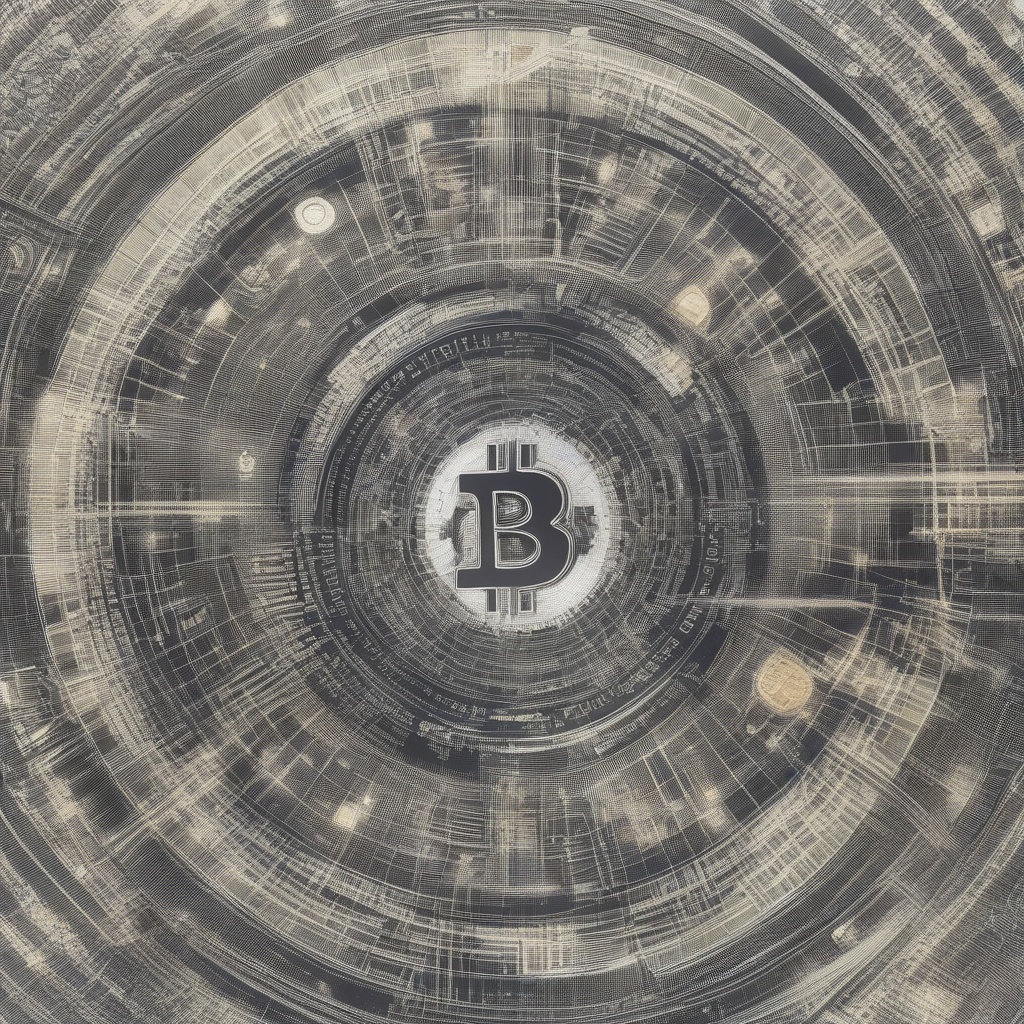Who use token currency?
Who exactly utilizes token currency?" This inquiry piques my curiosity, as it delves into the realm of cryptocurrency and its diverse user base. Token currency, a digital asset designed to facilitate transactions within a specific blockchain network or platform, has garnered significant attention in recent years. Its usage spans a wide array of individuals and entities, ranging from retail investors seeking alternative investment vehicles to tech-savvy entrepreneurs leveraging its innovative capabilities. Retail investors, for instance, may embrace token currency as a means to diversify their portfolios and capitalize on the potential growth of emerging blockchain projects. On the other hand, entrepreneurs and developers often utilize token currency to fund their projects, reward community members, or create a decentralized governance structure. Moreover, businesses across various industries are exploring the integration of token currency into their operations, leveraging its efficiency and transparency to streamline transactions and enhance customer experiences. Governments and regulatory bodies are also actively engaging with token currency, seeking to understand its implications and potential regulatory frameworks. In summary, the question of "Who uses token currency?" is a multifaceted one, encompassing a diverse array of individuals and entities from various backgrounds and industries. Its widespread adoption and increasing popularity underscore the significant role it plays in the evolving landscape of finance and technology.
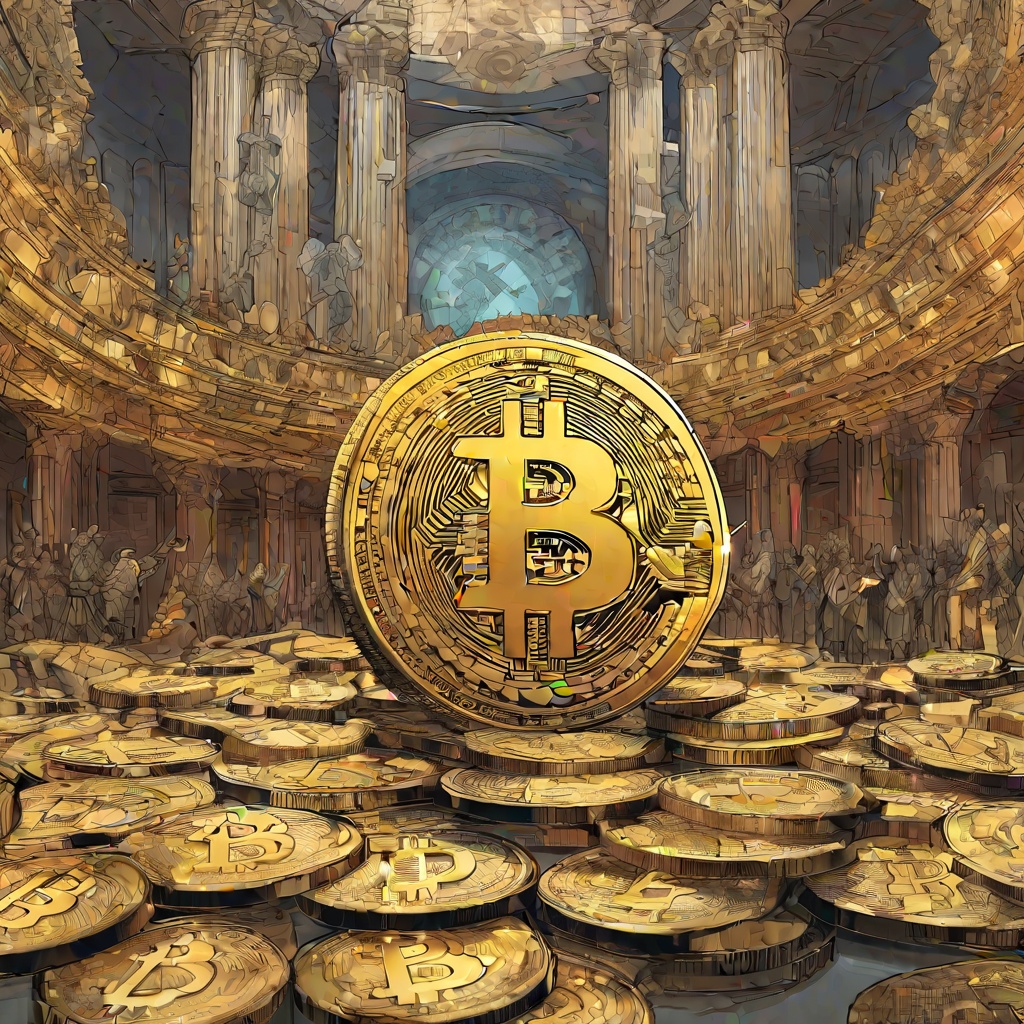
Who is famous for token currency?
Who is famous for token currency?" Well, this is a question that delves into the world of cryptocurrencies and their innovators. In the realm of token currencies, there are several figures who have garnered significant fame and recognition. One such individual who stands out is Vitalik Buterin, the co-founder of Ethereum. His creation, a blockchain-based platform that allows for the development and deployment of smart contracts and decentralized applications, has been instrumental in the rise of token currencies. Ethereum's ERC-20 token standard has become the de facto protocol for issuing and trading tokens, and Buterin's vision and leadership have made him a household name in the crypto community. Another notable figure is Changpeng Zhao, the founder and CEO of Binance, one of the largest cryptocurrency exchanges in the world. Zhao's exchange has been instrumental in facilitating the trading and adoption of token currencies, and his influence in the crypto space is undeniable. These are just two examples of individuals who have made significant contributions to the world of token currencies and have become famous in the process. However, it's worth noting that the crypto industry is constantly evolving, and new figures and projects are emerging that could potentially change the landscape in the future.
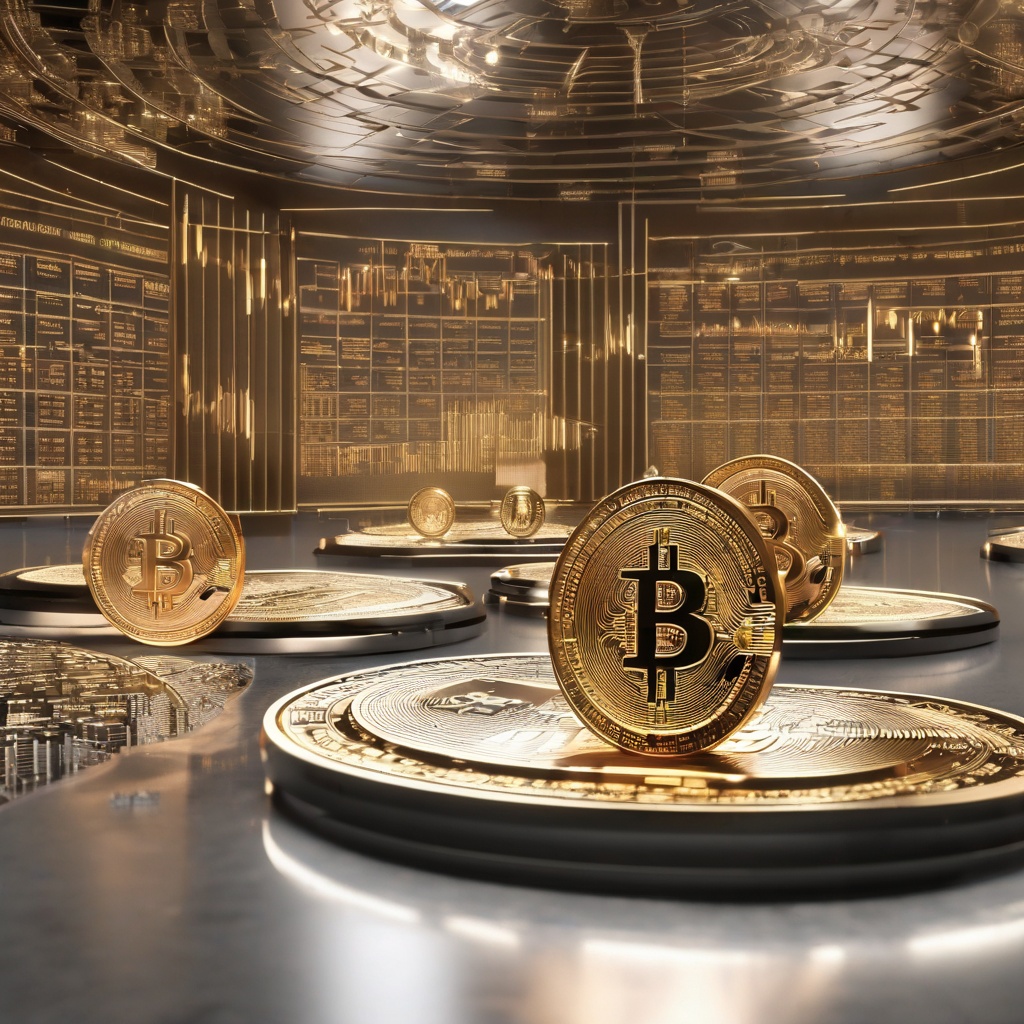
Who introduced token currency in Asia?
Who exactly introduced token currency in Asia? This question piques my curiosity. Given the rapid growth and widespread adoption of cryptocurrencies in the region, it's fascinating to trace back its origins. Was it a visionary entrepreneur? A forward-thinking financial institution? Or perhaps a group of tech-savvy individuals? The answer could hold clues to understanding the unique dynamics and potential of the Asian crypto market. With its diverse economies and cultures, Asia offers a rich ground for innovation in the field of digital currencies. Could you shed some light on this intriguing topic? I'm eager to learn more about the individual or entity that first brought token currency to Asia.
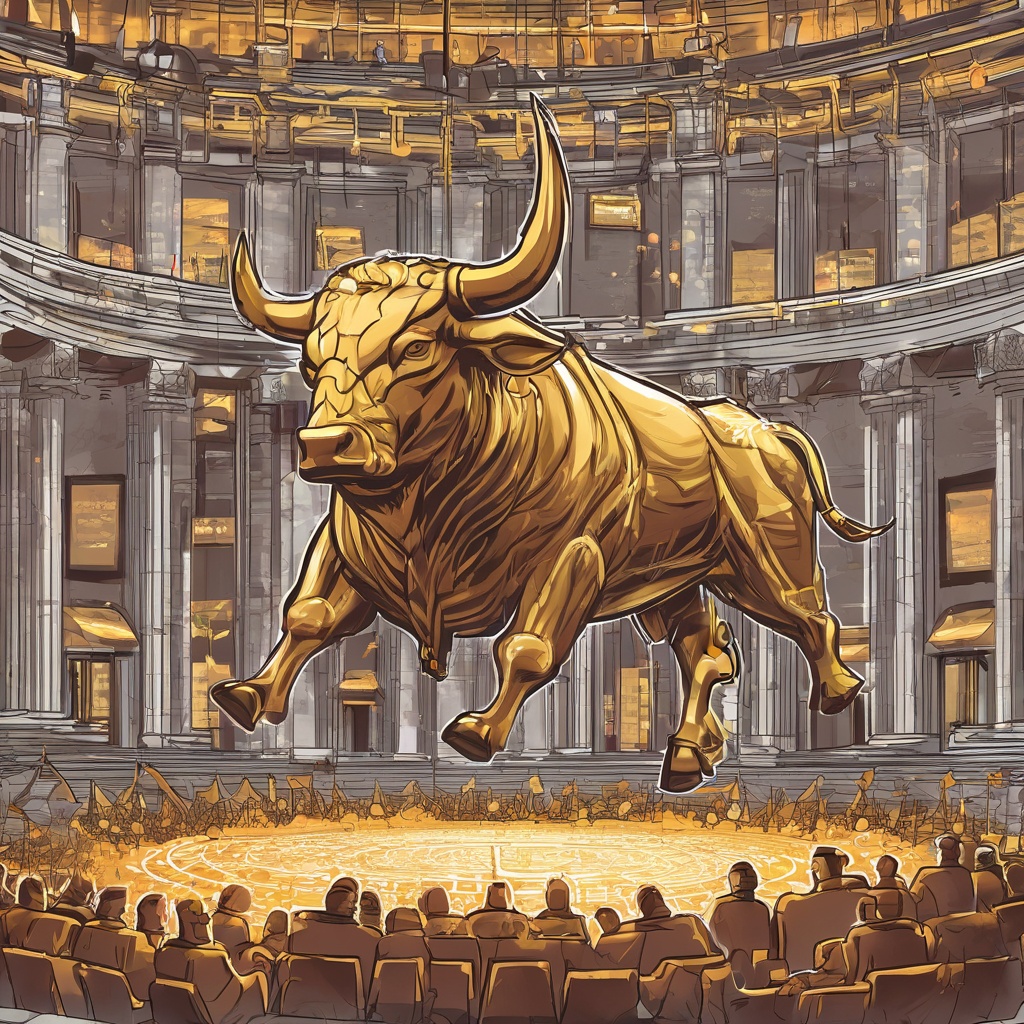
Who started token currency?
Who was the originator of token currency?" It's an intriguing question that delves into the depths of the cryptocurrency world. After all, token currencies have revolutionized the financial landscape, introducing a new era of decentralized and secure transactions. But who was the pioneer, the visionary who first conceptualized and perhaps even launched this remarkable innovation? Was it a brilliant coder, hidden away in a dimly lit room, tinkering with lines of code that would one day reshape the global economy? Or perhaps it was a financial maverick, seeing the potential in a system that removes the need for trusted third parties, enabling peer-to-peer transactions with unprecedented transparency and security. This question takes us back to the early days of blockchain technology and the emergence of the first cryptocurrencies. It was a time of great experimentation and innovation, with many individuals and teams contributing to the development of this new and exciting field. So, who among them was the true originator of token currency? It's a mystery that continues to captivate the minds of those who are fascinated by the world of cryptocurrencies.
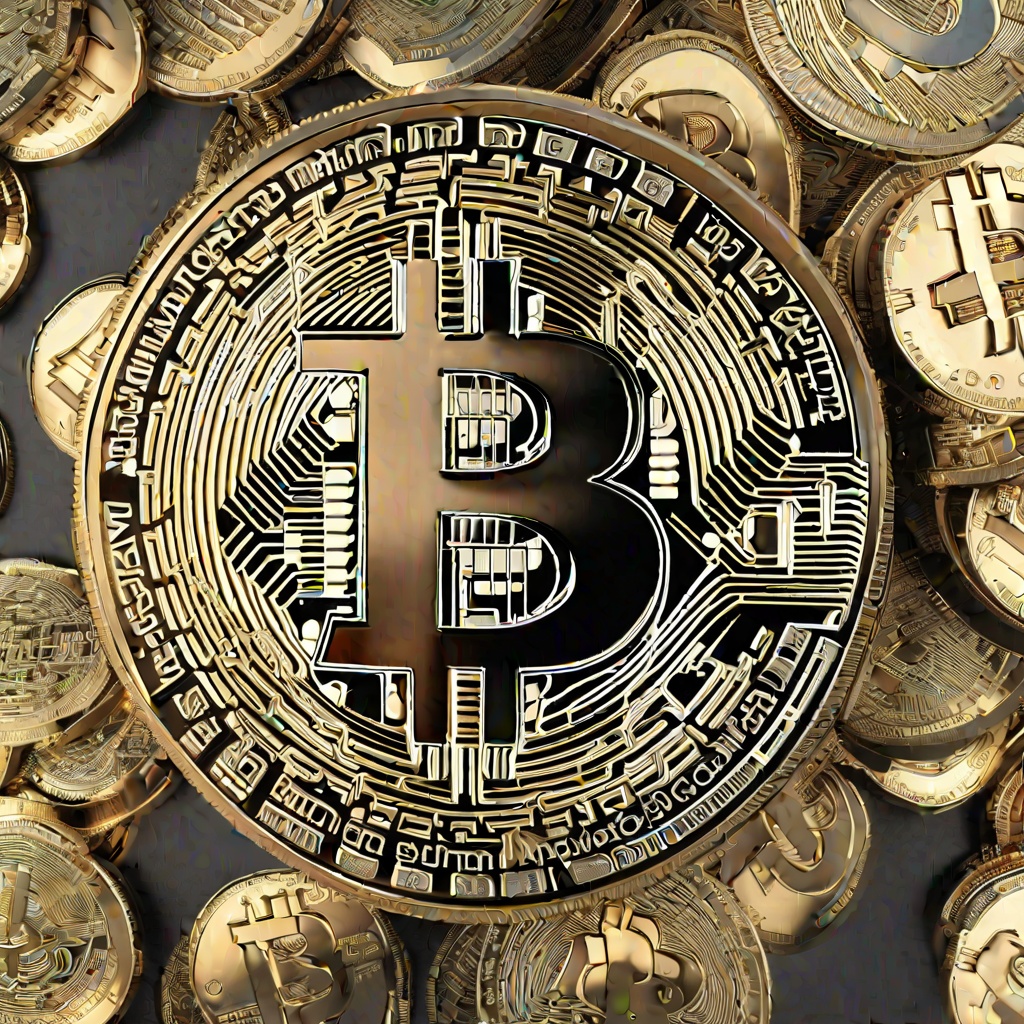
Who issues token currency?
Who issues token currency?" This question often arises among those new to the realm of cryptocurrencies and blockchain technology. Tokens, unlike traditional currencies issued by central banks, are typically created and issued through a process known as an Initial Coin Offering (ICO) or a token sale. In this process, a project or company seeking funding will create a unique token, often built on an existing blockchain platform like Ethereum, and offer it to investors. These tokens can represent a variety of things, such as a stake in a company, a utility within a particular ecosystem, or even just a digital asset with speculative value. The issuer of a token currency is typically the entity behind the project or company that's conducting the ICO. This issuer is responsible for defining the token's purpose, its rules and regulations, and often, the distribution mechanism. It's important to note that the issuer does not actually "print" the tokens as central banks do with fiat currencies. Instead, they are created through smart contracts on the blockchain, and the supply is often pre-defined and limited. As a result, the issuance of token currency is decentralized and relies on the blockchain network for verification and security. This differs significantly from traditional currencies, which are issued and controlled by central authorities. With token currencies, there's no single entity that can unilaterally increase or decrease the supply, which is one of the key attributes of blockchain-based currencies.
